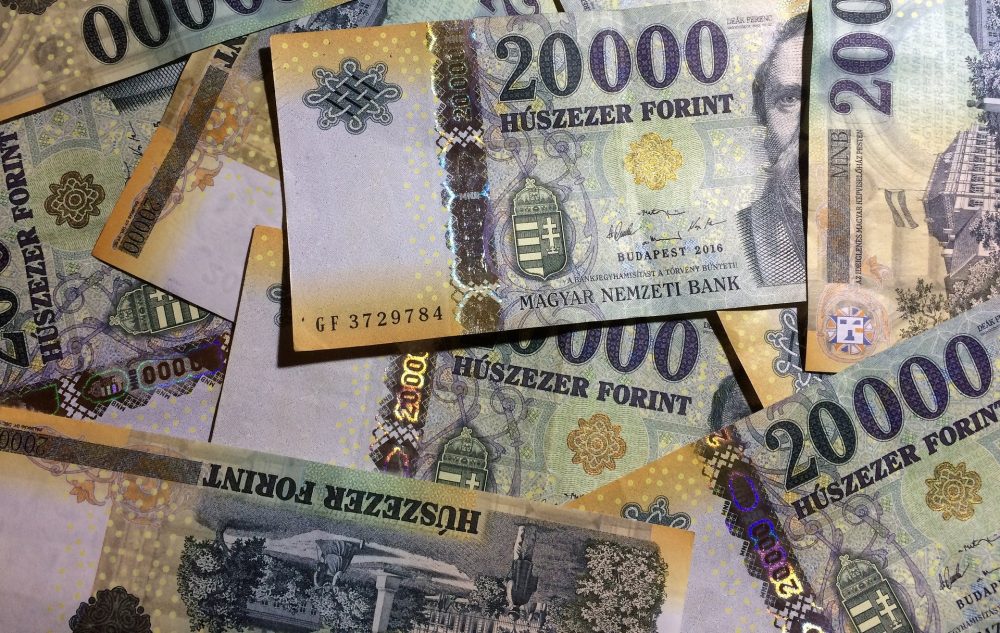
No drastic change is expected, argue the economic analysts.Continue reading

The Monetary Council of the Hungarian National Bank may cut the base rate for the first time in more than three years at its interest rate decision meeting on Tuesday, when the bank is expected to pull the handbrake and slow down the pace of rate cuts. Analysts expect the tight tone to remain, with neither the forint exchange rate nor the international environment conducive to further easing, reports Világgazdaság.
It is almost certain that the Hungarian National Bank monetary council will slow down the pace of interest rate cuts, after it has continuously cut the overnight deposit facility rate by 100 basis points a month since May until it reached the level of the base rate in September. The last time the central bank cut the base rate was in July 2020, during the COVID epidemic, to a now seemingly unbelievable level of 0.6 percent. Last month was a clear milestone in domestic monetary policy, with the real interest rate moving into positive territory for the first time in seven years as inflation eased to 12.2 percent while the effective interest rate stood at 13 percent.
Gábor Regős, head of the Makronóm Institute, pointed out ahead of Tuesday’s rate decision meeting that three scenarios are outlined in the central bank’s communication, aiming to keep the real interest rate in a strongly positive range in the coming period: unchanged interest rates, or a cut of 25 or 50 basis points.
Of the three moves, the biggest impact is not necessarily whether the base rate is now at 12.5 or 12.75 percent, because it is not that big a difference. What is more crucial is how much the central bank wants to send a tough message to the market,”
he explained.
The analyst believes it is most likely that the bank will cut the rate by 25 basis points. He expects the base rate to be around 11-11.5 percent by the end of the year, but added that it would be difficult to be completely precise in the current volatile international environment, especially since the central bank has not provided clear guidance on the expected path of interest rates.
Zoltán Varga, senior analyst at Equilor Befektetési Ltd. thinks that it is safe to assume that the bank will not maintain the previous pace of interest rate cuts of 100 basis points, and will instead switch to a 50 basis point rate. Another argument in favor of a slowdown is that, in parallel with inflation, the interest rate policy of the major central banks, the forint exchange rate and the world price of natural gas need to be kept in check. Moreover, international investor sentiment is not exactly supportive.
A new risk has also emerged in the meantime, namely the armed conflict between Hamas and Israel, which, if escalated, would trigger a significant increase in the oil price and would also have an impact on domestic inflation.
Gábor Regős also pointed out that until the Federal Reserve (Fed) and the European Central Bank start easing, the room for maneuver for Hungarian monetary policy is tight, as the market expects a larger risk premium. Moreover, the Fed has not even completed its rate hike cycle yet, so this factor should prompt caution, he added.
Analysts say that in the coming period, the forint’s movements could be most influenced by news on EU funding. Gábor Regős also attributes this to the fact that the domestic currency strengthened this week, following more positive messages from ministers. He believes that if an agreement is actually reached and disbursement starts, it could bring a substantial strengthening of the forint, while further withholding of funds could lead to a weakening.
“Developments related to the formation of the Polish government and the war in Israel could also affect the exchange rate. In other words, the exchange rate could be highly volatile,” said the head of the Makronóm Institute, noting that major jolts are always caused by unexpected events.
Via Világgazdaság, Featured image: Pixabay